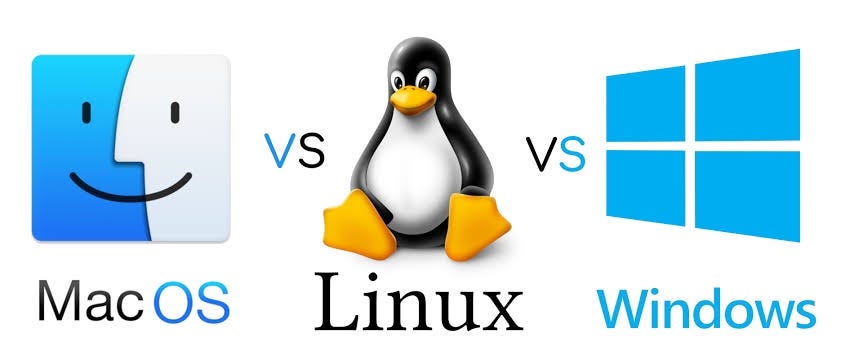Managing Memory Leaks Across Operating Systems

Memory leaks occur when a program fails to release hardware resources after utilizing them, posing a concern primarily in low-level languages like C and C++. In high-level languages such as C# and Java, memory management is typically automated, mitigating this issue. This discrepancy stems from the absence of garbage collection mechanisms in low-level languages.
On Windows systems, memory leaks can be identified using tools like “perfmon,” as they can significantly impair system performance and potentially lead to system failures. Linux offers various tools like “free -h” to detect and address memory leaks, with its kernel being resilient to crashes unless the leaks occur within the kernel itself. MacOS provides the “Leaks” command-line tool to identify memory leaks, often necessitating program or system restarts to resolve them. While MacOS benefits from robust garbage collection in many development environments, memory leaks still pose a risk to system stability.
Through out my readings and experience, and from a memory leak handling perspective, Linux ranks highest, followed by MacOS and then Windows. Nevertheless, developers bear the responsibility of ensuring proper memory management in their applications, regardless of the operating system.
References and further readings:
Ruostemaa, Janne. (2022). How to troubleshoot Linux server memory issues. UpCloud. How to troubleshoot Linux server memory issues – UpCloud
Apple. (n.d.). Finding Memory leaks. Finding Memory Leaks (apple.com)
Microsoft. (n.d.). determining whether a leaks exists. Determining Whether a Leak Exists – Windows drivers | Microsoft Learn
Double D. (2020, July 12). What are memory leaks? (and how to detect them) [Video]. YouTube. https://www.youtube.com/watch?v=00Kdpgl6fsY

